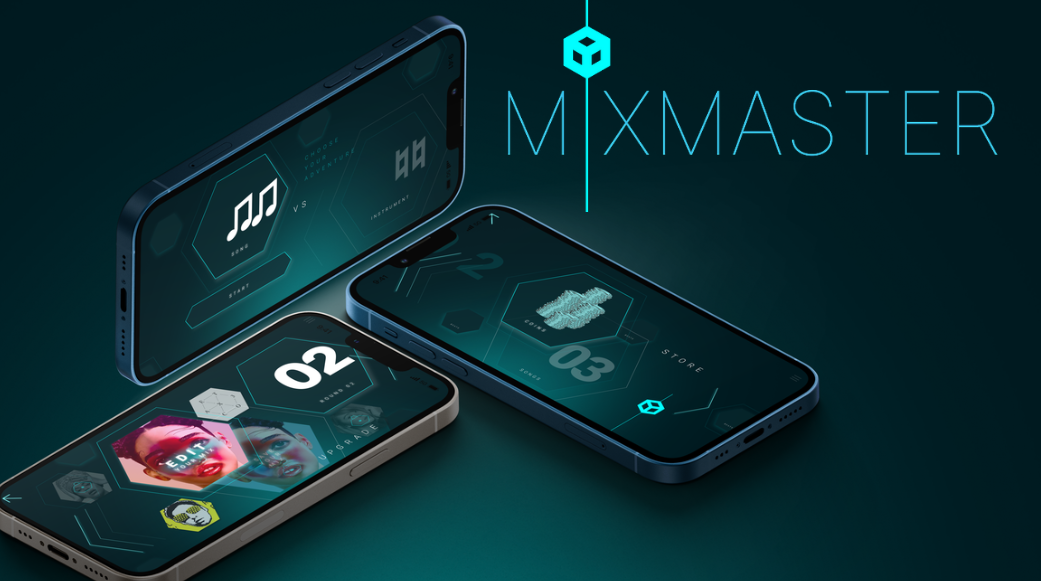
October 23, 2025
Discover how Mix Master strengthens your brain just like an instrument - training focus, creativity, and emotional intelligence through the science of sound.
Read more.png)
September 8, 2025
Tools like Suno are now powerful enough to generate melodies, lyrics, and even full songs in seconds. That’s exciting—and controversial. Just ask Timbaland. Recently, he came under fire..
Read more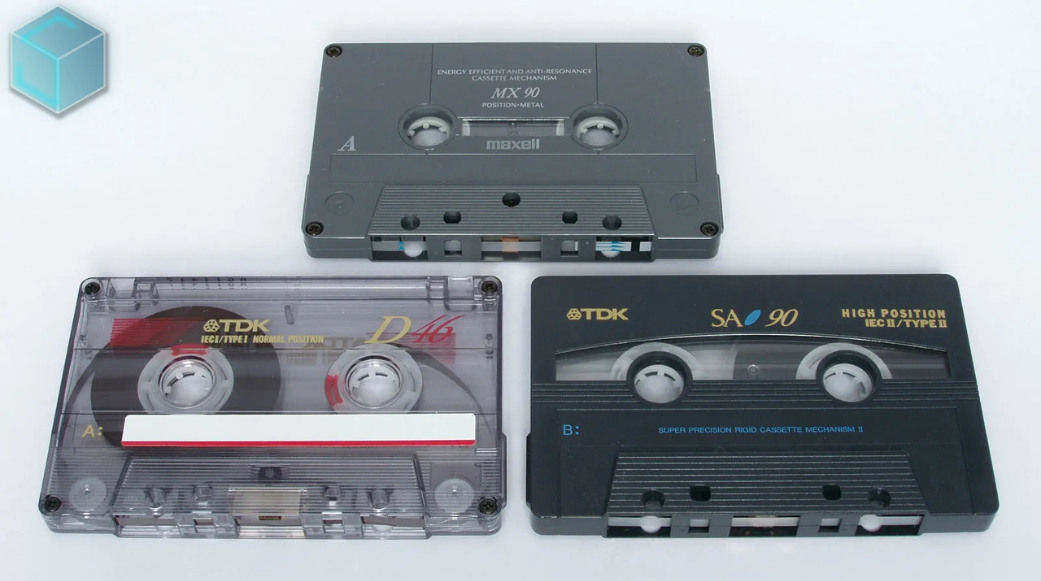
August 23, 2025
The 1980s and 1990s analog music medium known as cassette cassettes is experiencing an unanticipated comeback, with Gen Z spearheading the trend. Taylor Swift, who included cassettes in the release...
Read more
August 23, 2025
This week's most notable headline: Doja Cat's erotically charged, '80s-inspired music video, "Jealous Type," is dominating social media feeds and cultural discourse, marking her most daring...
Read more
August 23, 2025
J-hope and GloRilla's "Killin' It Girl," a spectacular blend of K-pop flare and shameless hip-hop heat that has taken the world by storm, is this week's winner of the Best Collaboration of Summer...
Read more
August 23, 2025
Carly Rae Jepsen is giving fans the ultimate gift for the 10th anniversary of her critically adored album Emotion: a special edition featuring four never-before-heard tracks and two fresh remixes...
Read more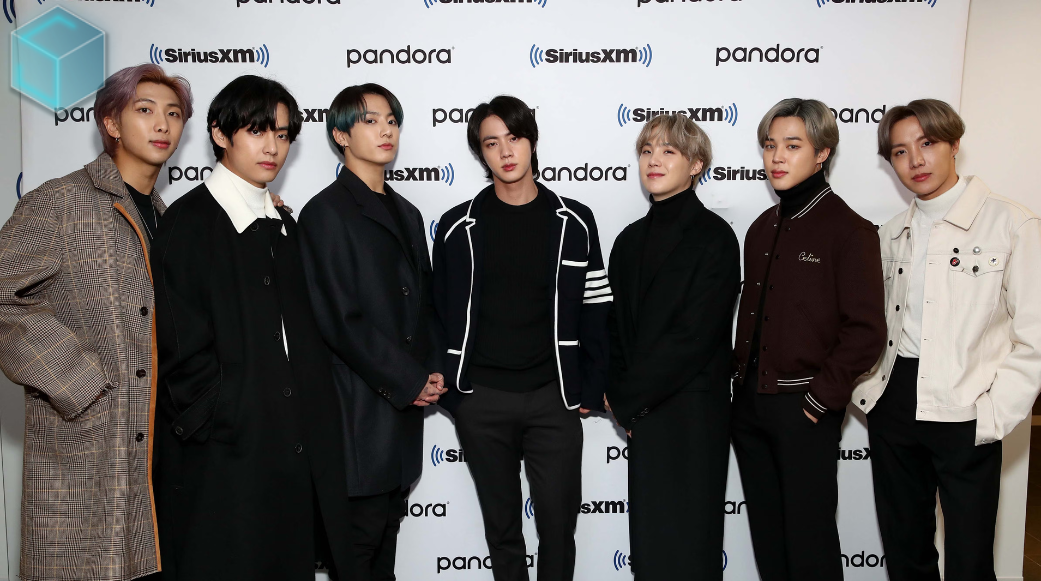
August 23, 2025
The wait is over, ARMY! BTS is officially back together and balancing work and play in their first moments of reunion after completing mandatory military service. J-Hope sent fans into a frenzy...
Read more
August 23, 2025
Christian music stepped outside of its quiet comfort zone in 2025. "Hard Fought Hallelujah," a worship song by Brandon Lake, went platinum, sold out festival stages, and exploded from churches to...
Read more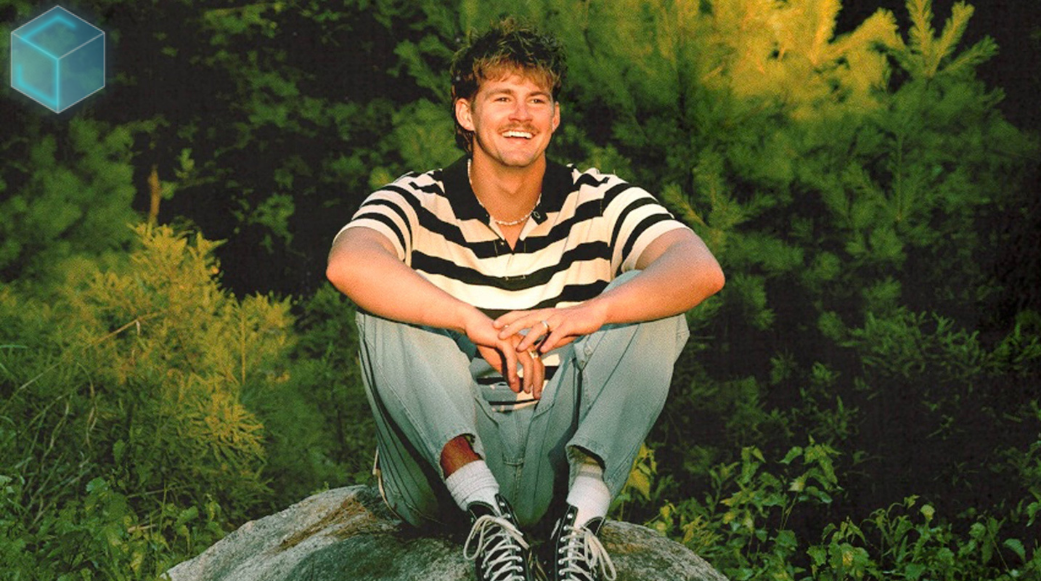
August 23, 2025
In late July 2025, Christian artist Forrest Frank (of Surfaces, now a solo juggernaut in faith-pop) posted from a hospital bed: he’d fractured his L3 and L4 vertebrae in a skateboarding accident...
Read more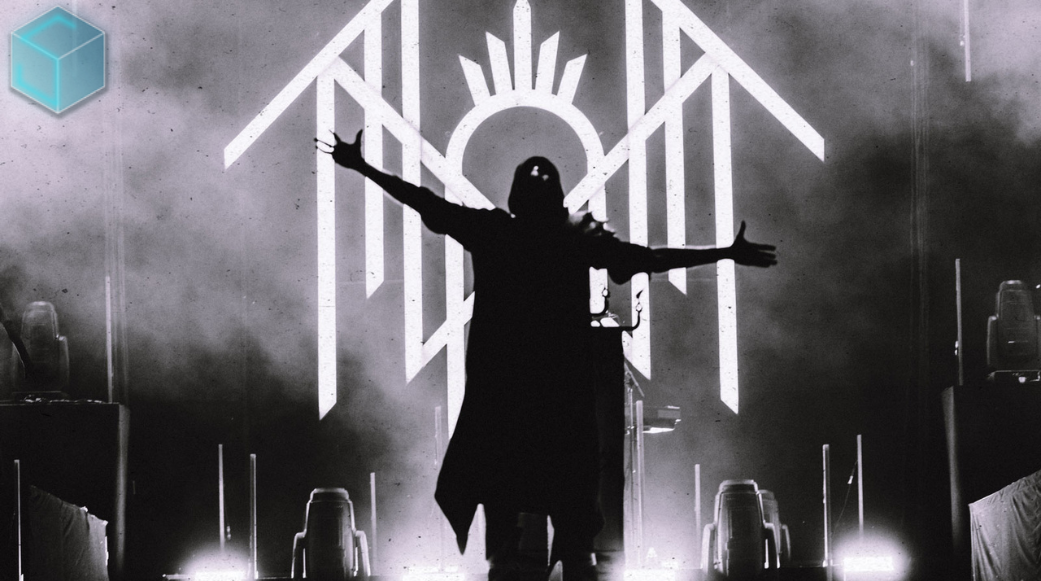
August 21, 2025
On September 16, the masked metal phenomenon Sleep Token will embark on their 2025 "Even In Arcadia Tour" across North America. The 18-show tour, which includes a huge date at Brooklyn's Barclays...
Read more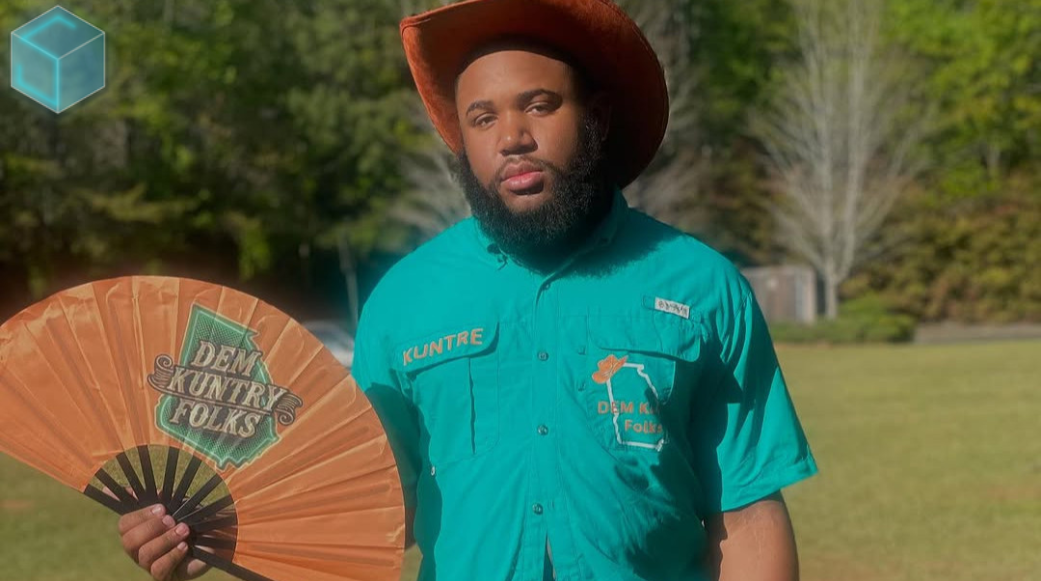
August 21, 2025
Due to a line dance that went viral and won over fans' hearts both inside and outside of the United States, 22-year-old Tre Little's song "Boots on the Ground" has become a cultural sensation this...
Read more
August 21, 2025
In addition to preparing for her next album, The Life of a Showgirl, Taylor Swift is reviving the physical medium this week by putting her songs on cassette tapes. This sentimental action...
Read more.png)
The legendary band that soundtracked a generation has officially handed over the keys
There are bands that make hits, and then there are bands that change the fabric of music forever. Pink Floyd has always been the latter. Their music wasn’t just played, it was felt. It built universes. It bent reality. And for so many, it became the background to life’s biggest moments.
Now, after decades of holding onto their iconic legacy, Pink Floyd has reportedly sold the rights to their music catalog to Sony Music, marking one of the biggest music rights deals in history.
It’s the end of a chapter. And for some fans, it’s a little emotional.
What’s Actually Happening?
In the ever-growing trend of legacy artists selling their catalogs, Pink Floyd is the latest and arguably one of the most monumental to make that move. The deal reportedly gives Sony ownership over the band’s master recordings, publishing rights, and possibly merchandising and branding.
That means everything, from The Dark Side of the Moon to Wish You Were Here, is now under Sony’s roof. Every haunting chord, every otherworldly synth, every lyric that made you question the meaning of time and existence, it’s all been sold.
And yeah, it’s a lot to process.
Why Now?
There’s no single reason, but if we’re being honest, time is catching up to everyone, even rock gods.
Selling a catalog is often about legacy and control. It’s about ensuring the music survives, remains relevant, and keeps bringing in revenue in a new era of streaming, TikTok trends, and sync licensing for movies and shows.
It could also be about peace. About letting go. About handing off a body of work that’s been carried for over 50 years. Because at a certain point, the art becomes bigger than the artist, and it needs a home that can handle the weight of that responsibility.
What This Means for Fans
Let’s be real, this doesn’t change how the music sounds. Comfortably Numb still hits. Time still makes you reflect on your mortality at 2 a.m. Money still slaps in a capitalist-critique kind of way.
But it does change something deeper: the feeling of ownership. Of intimacy. Knowing that Pink Floyd’s music was theirs, raw, unfiltered, and untouched by corporate hands, was part of the magic.
Now, there’s a layer between the art and the audience. And that stings a little.
Still, if handled right, this could also mean a new era of remasters, unreleased material, and wider access to their catalog. More people are discovering their music. More moments soundtracked by that signature Floyd sound.
A Shift That Reflects a Bigger Trend
Pink Floyd isn’t alone. In the past few years, artists like Bob Dylan, Bruce Springsteen, Stevie Nicks, and Justin Bieber have sold their catalogs for jaw-dropping sums. It’s part of a larger shift in the music industry, where rights are as valuable as gold, and legacy is treated like an investment portfolio.
It’s business, yes. But it’s also about legacy-building on a massive scale.
And if anyone’s legacy deserves to echo forever, it’s Pink Floyd’s.
So, What Should You Do With This Info?
Honestly? Go listen.
Not out of nostalgia, but out of reverence. Whether you’re discovering them for the first time or revisiting your favorite tracks, keep the music alive. Play Shine On You Crazy Diamond. Watch The Wall. Dive into their lyrics like they’re sacred texts.
Because whether Sony owns the rights or not, you own the experience. That’s something no deal can ever take away.